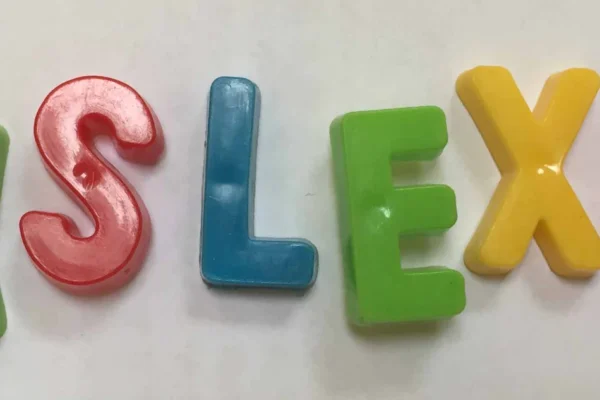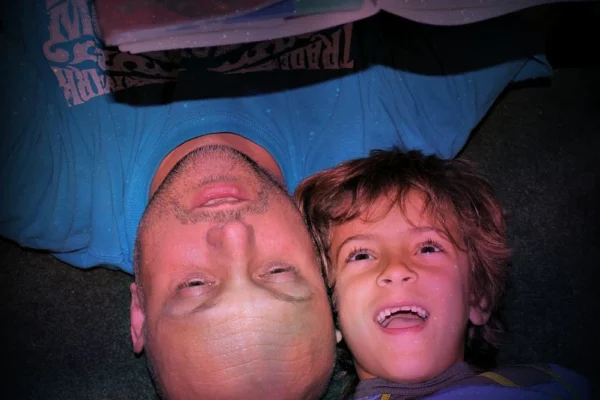
The frustration of a dyslexic child often revolves around his inability to meet outside expectations. Adults in his life see a bright, enthusiastic child who is not learning to read and write. Repeatedly, the dyslexic child hears, “He’s such a bright student; if only he tried a bit harder.”
As parents, we want our children to succeed and become the best person they can be. We want them to be successful at school, enter great colleges and become thriving adults. With the best intentions at heart, we might sometimes push too hard and not realize the pain of failing to meet parents’ expectations early on can be more damaging to a child than the inability to read and write as their peers do.
As a parent of a dyslexic child, I have tried and miserably failed with my child early on. Luckily, I realized my mistakes quickly and changed direction full steam. I can gladly testify that when my priorities, expectations and approach changed, the dark cloud that followed my son to school and back home slowly disappeared. Having the breathing room he desperately needed, he became a happier young boy and, to my surprise, a more successful student, as well.
These are the three shifts I made which strengthen my son’s light at and outside of school:
1. Academic skills are the priority, deprioritize: There is no doubt that reading and writing are important skills beyond the academic life. With the variety of assistant technology, however, these skills are easy to compensate for in today’s life. We need to consider the child as a whole and a longer-term vision for their future beyond school. Each child needs to build their self-esteem by understanding and sharpening their strengths. These strengths will set them apart as successful college applicants, adults and business people in the future. Give them the opportunity to work on these skills and passions whether it is sports, arts or science.
2. Drill, drill, drill, no ma’am: If the child is struggling with reading and writing, with the best intention in heart, we might be inclined as parents to push our child to work harder expecting that more practice will improve his skills. Practice does make progress. However, if either the child or the parent is in tears, this is not constructive progress. The child will be more willing to learn if the practice is fun and rewarding. Dyslexic children will also need more downtime to recharge their batteries as the academic environment often drains more energy and takes much more effort for them.
3. Stressed and unhappy parents, no longer: Every child feels the negative emotions that surround them and many internalize these feelings and consider themselves as the cause. Having a dyslexic child may be no walk in the park. But is it the end of the world? If we are able to see past the academic life, there are endless opportunities for these bright children who may become the next Steve Jobs, Bill Gates, Tom Cruise, Steven Spielberg, Thomas Edison’s of the future – just a few of the famous dyslexics!
Do not let dyslexia define who the child is. Never forget the healing power of unconditional and mindful love that is shared freely.
Categories:
Share This:
Related Post
Search
Check Our
Books
As children learn to read, decodable books become an important part of the learning process.
Have A Question?
We’re happy to answer your inquiry to us.






